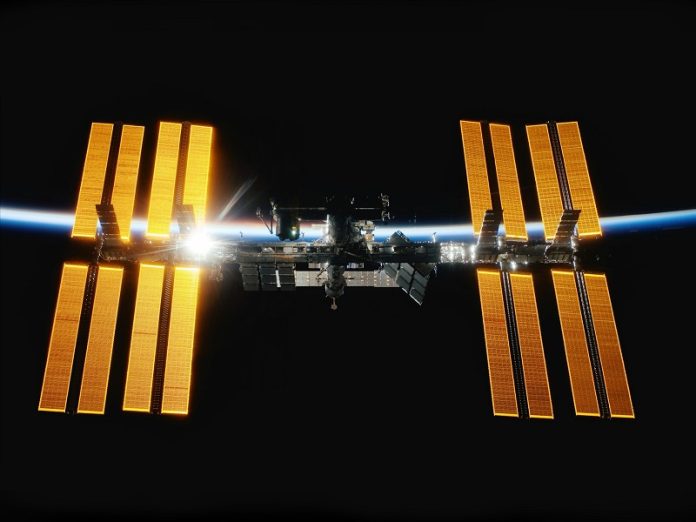
A groundbreaking project aboard the International Space Station (ISS) could change the future of tissue engineering and liver transplantation.
Led by Dr. Tammy T. Chang, a professor of surgery at the University of California, San Francisco, the Chang Laboratory is exploring how human liver tissues can be created in the unique environment of space.
This project, presented at the American College of Surgeons Clinical Congress 2024, aims to develop more effective liver tissues for medical use on Earth.
The team is focusing on using microgravity, the weightless environment in space, to improve tissue growth and function.
Current methods for creating tissues on Earth often rely on artificial frameworks, which can interfere with how cells grow and function. In space, cells can float freely and organize more naturally, leading to more accurate and functional tissues.
Dr. Chang’s team is using a type of stem cell called induced pluripotent stem cells (iPSCs) to form liver tissues.
iPSCs are created from normal human cells that are reprogrammed to act like embryonic stem cells, meaning they can change into many different cell types.
These stem cells are assembled into liver tissue in space, where they grow more naturally due to the lack of gravity.
A key part of the project is a custom bioreactor called the “Tissue Orb.” This device allows cells to self-assemble in space, creating more realistic tissue structures. It includes an artificial blood vessel and an automated system to mimic the natural flow of blood through tissues.
In addition to creating liver tissues in space, the research team is developing new techniques to safely bring these tissues back to Earth.
They are working on advanced cryopreservation methods, including a technique called isochoric supercooling, which keeps tissues below freezing without causing damage.
This method could make it easier to store and transport engineered tissues, possibly even entire organs, for future medical use.
The team’s first experiment is scheduled for launch in February 2025. Dr. Chang hopes this research will not only advance liver tissue engineering but also pave the way for other space-based biomedical breakthroughs.
The goal is to use these engineered tissues for disease research, drug testing, and eventually as alternatives to liver transplants.
This exciting work highlights the potential of space research to solve complex medical challenges and improve healthcare on Earth.
If you care about wellness, please read studies about how ultra-processed foods and red meat influence your longevity, and why seafood may boost healthy aging.
For more health information, please see recent studies about the power of pickle juice ,and time-restricted eating: a simple way to fight aging and cancer.



